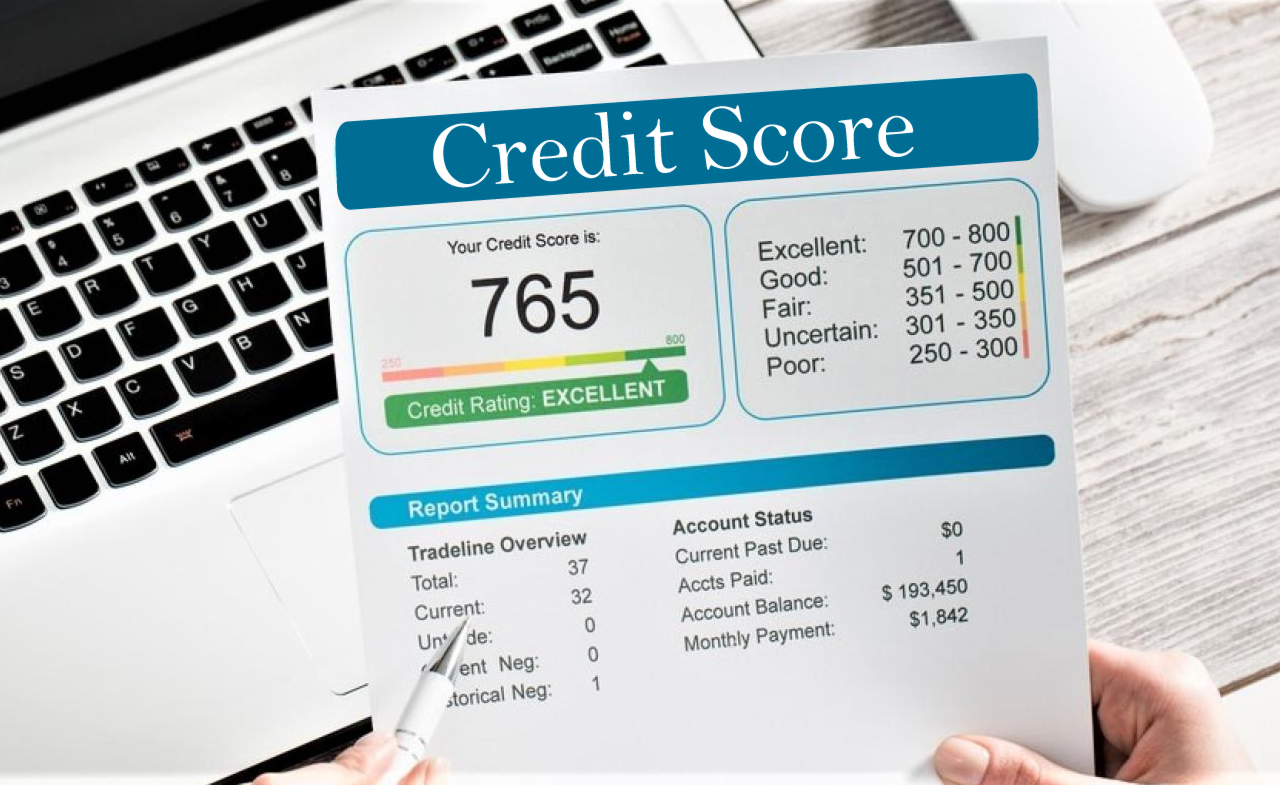A majority of lenders and other financial institutions will ask for your credit score to help them determine if they should give you the green light for your loan or credit card application. This also helps them choose the interest rate that best suits your financial situation.
Your credit score clearly has power, but like any weapon, you’ll need to understand it first.
What Is a Credit Score?
A person’s credit score consists of a numerical value that encapsulates all of the data already indicated in your credit reports. A score would normally go from 300 to 850, and most financial institutions would favor loan practically credit card applicants that provide a relatively high score compared to a low one. A potential lender will request for your credit score so that they may be able to anticipate your capability of settling the loan that you are applying for on time. Other financial institutions may even allow your credit score to prove your worth to them as a customer.
Elements That Will Affect Your Credit Score
There are many other elements out there that could affect the manner with which your credit score is being computed:
Payment history
Your credit score is a result of your capability of settling your dues on or before their deadlines, so if you are not responsible enough to settle them on time, then your score is bound to get pulled down. This is obviously a big no-no to a number of financial institutions when you plan to submit an application for a loan or a credit card. So if you do not want to get your application struck out by your preferred bank or lender, you should learn to practice timeliness as soon as possible by meeting the deadlines of your bills.
Credit utilization ratio, total debt, and available credit
You will face much less risk if you settle a prominent majority of your debts. The amount of credit available to you that you have already used amounts to your credit utilization ratio. The credit scoring framework that your preferred institution will use will impose a fine on you if you have been using a large portion of the credit granted to you, like using all the credit in your credit cards. To prevent this from happening to you, try to maintain your credit card balances to a maximum of 20% of your credit limits. Keep it as low as possible.

Duration of credit history and age
Your preferred lender will have more confidence in you if your credit report exhibits more than enough proof of outstanding loaning and recompensation behavior. Establishing a notable amount of credit will require some time, but your credit score should get better if you settle your dues on time. The ages of your first and latest accounts and the average age of all of them together are just some factors that add to your credit history.
It is good to exercise caution when you close a credit card account, especially your first one. This would affect your credit utilization ratio and your credit history.
Credit combo
A credit scoring framework will consider all the loans that you‘ve already availed of in the past as well as what you have currently applied for. This would include past or present credit cards, car loans, housing loans, and others. Many financial institutions would prefer a credit history that reflects a combination of past and present loans.
Even though they express this particular preference, avoid availing of any new loans if you only intend to enhance your credit combo. The total sum of your debts still surpasses the perks of adding to your combo, which is actually a minor influence on your credit score.
Latest credit
We have already mentioned several times throughout this article that the availing of a new loan or credit account is a big no-no when you ask to have your credit score generated. The same goes when you’re embarking on yet another new credit account, which will only show your preferred financial institution that you have trouble meeting the deadlines for your bills, thus resulting in a less impressive credit score. To prevent your credit score from getting pulled down and skipped over by your chosen lender, you should try to limit the number of necessary credit requests that you make in a particular period of time.

What Counts as a Good Credit Score?
A prominent majority of credit scores generated using the FICO and VantageScore credit scoring models usually range from a low 300 to a high 850. If your credit score falls on the higher end of the spectrum, you are guaranteed a greater rate of approval for your preferred loan or credit card application. A higher credit score will also grant you a higher chance to qualify for the best interest rates out there.

